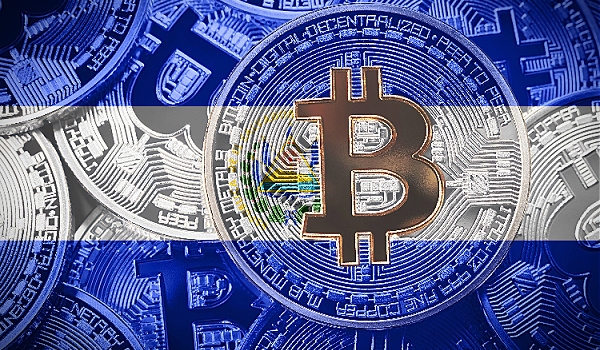Time sure flies by fast. Remember way back to November 2021? Bitcoin was in the lofty $60K clouds. Only a few months earlier (Sept. 2021), El Salvador became the first country in the world to make bitcoin legal tender. El Salvador also announced plans to issue $1B of “bitcoin bonds” to buy more bitcoin and create a new Bitcoin City as a crypto hub of Latin America.
So what happened to all that? 2022 happened.
2022 brought a complete collapse of the crypto sector. Bitcoin bottomed around $16K, down 75%-80% (but who’s counting?), multiple big name crypto firms went bankrupt, FTX and Sam Bankman-Fried became the poster boy for all things wrong. But, most importantly, the regulators took center stage. Political posturing coupled with cries of “saving investors” rose to the forefront last year. Innovation and creativity dropped off the “to do” list. At least in the U.S. All in just one (1) year. But here we are.
So how is El Salvador doing after adopting bitcoin as an alternative to the dollar? Glad you asked that.
First, the bitcoin bond offering scheduled for LAST March was postponed due to market conditions (just like any other stock or bond offering). And by the way, those bonds were dubbed “volcano bonds” because El Salvador plans to use thermal power from a volcano to mine bitcoin, making them ESG-friendly as well. But just last month the country’s legislature approved a digital assets law aimed at creating legal protection for transfers or issuance of debt with cryptocurrencies. This legislation provides the legal framework for the “volcano bonds” to be issued later this year. And, most likely at a more favorable bitcoin price.
Amazing. During a year of complete turmoil in the crypto markets, El Salvador managed to pass the Digital Securities Law. This legislation creates the National Digital Assets Commission, a regulating agency in charge of applying the securities law and protecting the rights of digital asset purchasers as well as issuers in El Salvador, and deterring fraudsters from operating in the country. Keep in mind U.S. regulators have yet to figure out who should do what (and to who).
Overcoming heavy pressure from the IMF, BIS (Bank International Settlements), global central banks (they all hate bitcoin) and negative media press, it appears El Salvador is leading the world in adapting bitcoin and crypto regulation. Perhaps innovation to distance away from fiat currencies will come from the world’s smaller country’s.







